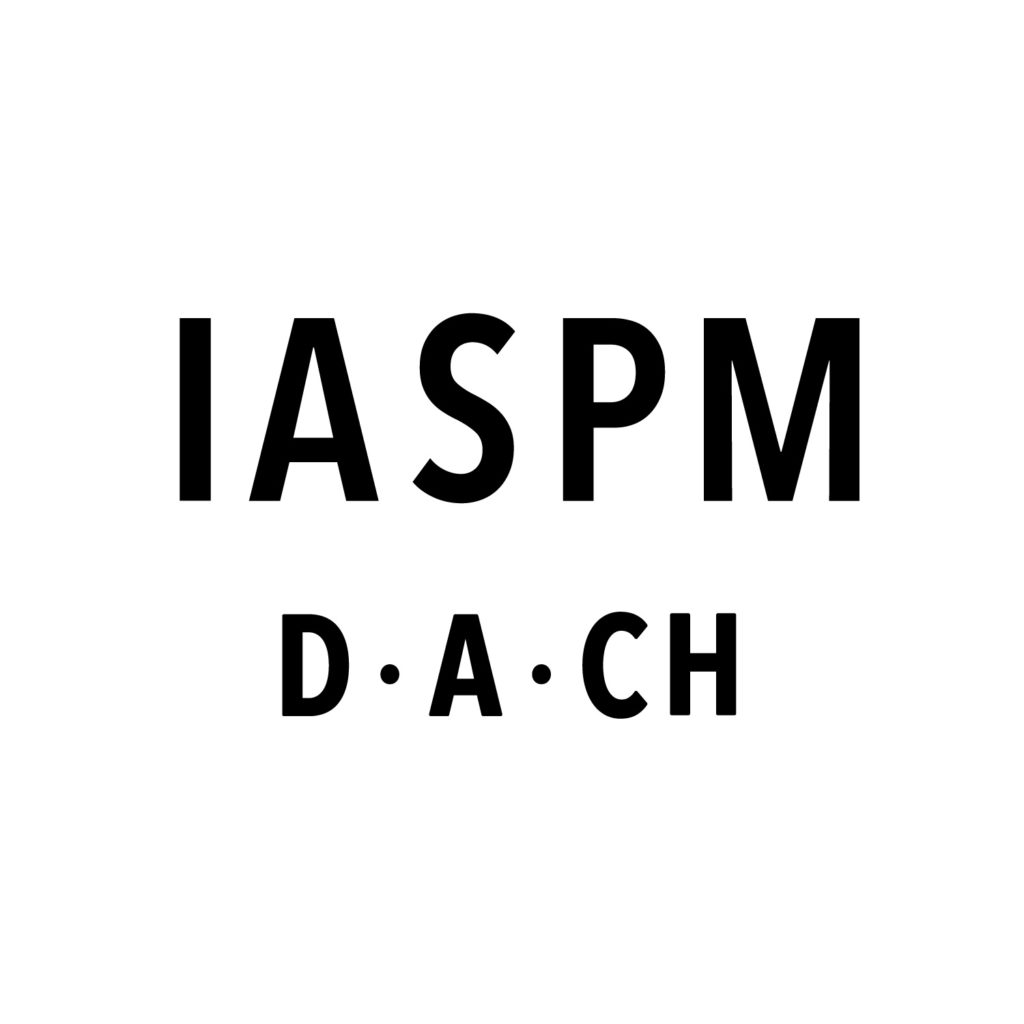
For this year’s International Association for the Study of Popular Music (Germany-Austria-Switzerland chapter) Conference, we present a panel entitled, “Asia as Method” in Popular Music Studies. This panel aims to foreground negotiations of our individual positions as music scholars in the light of ongoing public and disciplinary rearrangements of academic engagement with East and South East Asian popular musics.
The panel consists of Dr. Citra Aryandari (ethnomusicologist, performance scholar, filmmaker; Institut Seni Indonesia/Indonesian Academy of the Arts Yogyakarta), Dr. Oliver Seibt (cultural musicologist, German working immigrant to the Netherlands, Japanophile; University of Amsterdam), Dr. Barbara Titus (cultural musicologist, self-declared cosmopolitan, hence privileged in researching South African and Indonesian musics; University of Amsterdam), and Dr. meLê yamomo (performance and sound scholar-artist; University of Amsterdam).
We present these negotiations in monological, dialogical, and performative formats in order to showcase the variety and divergence, but also the shared concerns in our scholarly and cultural backgrounds, in the methods we employ, in the case studies we focus on as well as in the cultural and political contexts in which we (have to) carry out our research. These negotiations give rise to questions that stem from shared concerns, yet offer different perspectives on the (Asian) study of (Asian) music:
- To what extent has knowledge about Asian (popular) music been conceived and acquired for European and North-American (scholarly) needs, and to what extent should these needs be decentered?
- How can and do scholars identifying themselves as “non-Asian” (re)position themselves as researchers of Asian music in the increasingly strong inter-Asian scholarly networks and exchanges and constellations of knowledge, like the Inter-Asia Cultural Studies Society or the Inter-Asian Popular Music Studies Group?
- What are the implications of proposing “Asia as Method” (Chen 2010)?
- Does the study of, for instance, Berlin post-punk music using an Asian theoretical framework count as Asian studies?
In consciously engaging the performativity of the conference panel presentation, we reflect on the uninterrogated presumptions and socialized norms that are often rendered invisible by this social performance genre. At a disciplinary level, standardized use of rhetoric and scholastic language is expected in the scholar’s exposition of academic knowledge. Concomitantly, the audience brings into this social event (unexamined) expectations of how the knowledge being presented intersects with gender, race, class, and “forms” of knowledge of the speaker.
IASPM-DACH 2018 Conference will happen on 18-20 October and will be hosted by Universität Bern.
UPDATES
Listen to the short podcast overview of the conference here.
Watch our panel performance/presentation here.